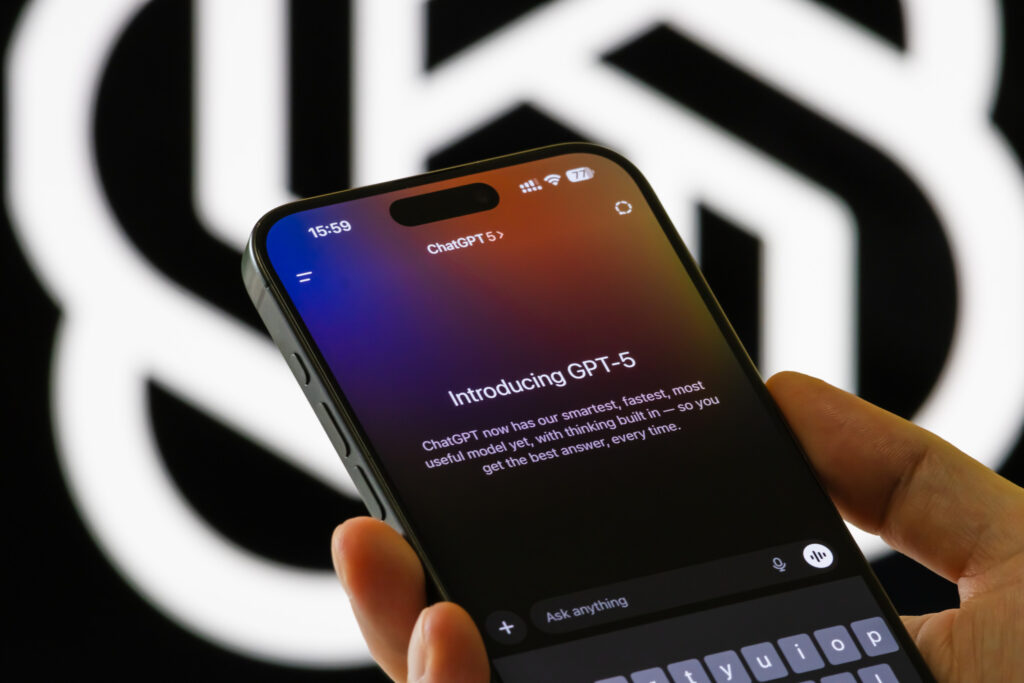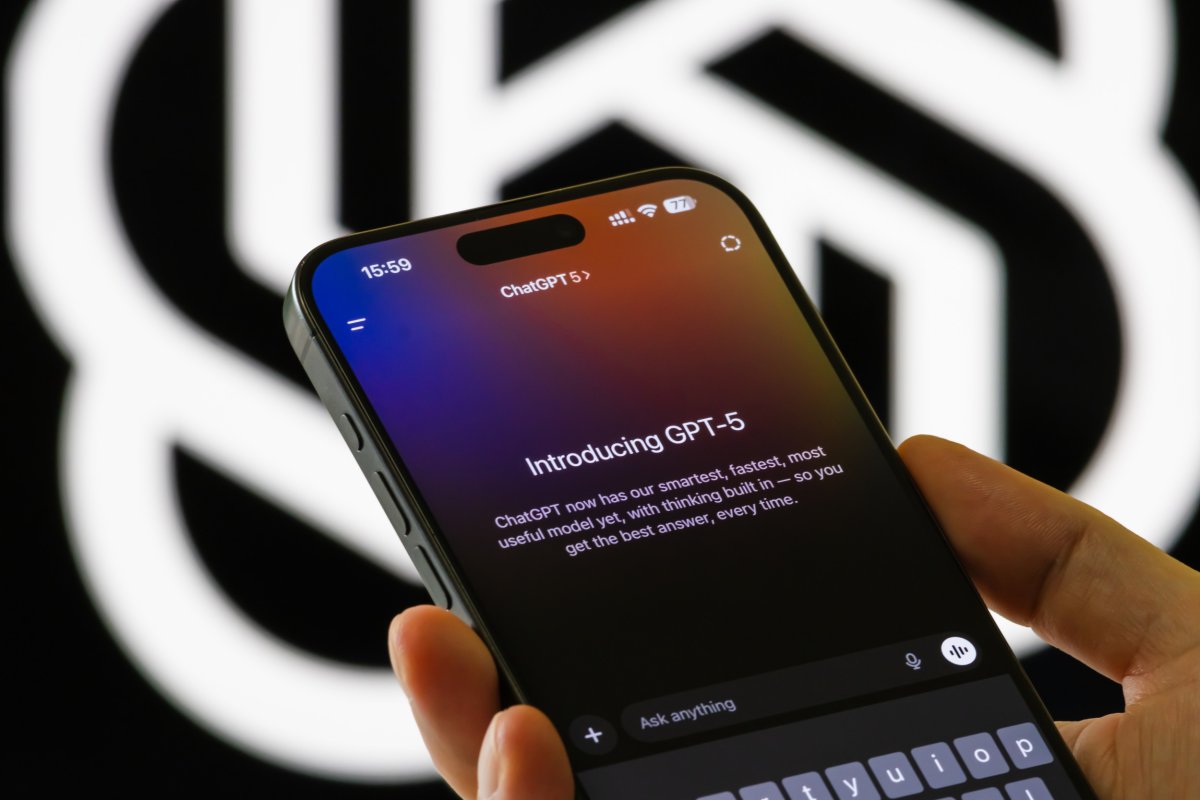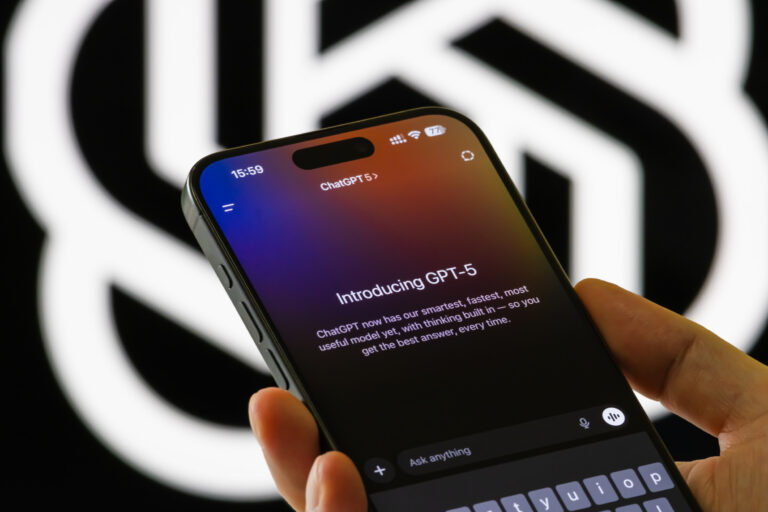
A third of singles now say sexting with an AI bot counts as cheatingaccording to a new poll from DatingAdvice.com and the Kinsey Institute.
Why It Matters
While AI has surged in popularity in America, with 78 percent of employees reporting use of AI tools in a recent survey from Anagram, the technology is also making major waves in the dating culture.
With AI bots now able to replicate human intimacy dynamics, singles are expressing larger concerns about whether AI could impact the rules of fidelity and cause lasting harm to relationships.
What To Know
While 32 percent said sexting with an AI chatbot was cheating, another 61 percent said sexting or falling for an AI “crosses the line.”
“It makes sense that a third of singles would view this activity as cheating because of the mental and emotional energy that’s being exerted. When you engage in this activity, the end goal is to form a connection/bond with the AI bot, which many people would categorize as a similar behavior to doing it to someone in real life,” Alexandra Cromer, a licensed professional counselor with Thriveworks, told Newsweek.
“It’s hurtful when your partner seeks emotional support/validation and intimacy outside of your relationship with another human, but many also view it as cheating when it’s with an AI bot due to the bot’s nature to engage in a reciprocal relationship with the participants.”

Cheng Xin/Getty Images
Dr. Justin Lehmiller, a social psychologist and senior research fellow at The Kinsey Institute who led the study, said that for many, AI sexbot use counts as cheating because often, it occurs in secret and could be considered a trust violation.
“Being intimate with a bot is still an expression of intimacy,” Lehmiller told Newsweek. “Many people believe that intimate acts shouldn’t be directed outside of their relationship, whether to other people or to a piece of technology.”
Twenty-nine percent of the singles surveyed said romantic relationships with an AI companion count as infidelity.
Meanwhile, 72 percent said it was cheating to sext with someone else, and 33 percent said infidelity included subscribing to OnlyFans. A smaller percentage, 20 percent, said watching porn was cheating, while 13 percent even extended cheating to liking posts by attractive people.
“Modern daters recognize that technology-based connections can feel intimate enough to pose a real threat to their relationships,” Kinsey Institute scientist Dr. Amanda Gesselman said in a statement.
What People Are Saying
Alexandra Cromer told Newsweek: “This reflects and supports the idea that people are lonely and are increasingly more focused on obtaining intimacy and emotional connection. The term ‘the loneliness epidemic’ has gained popularity post-COVID, and this continues to support the theory that people are lonely and finding increasing perceived barriers to engagement in human intimacy and emotionality. AI sex bots provide a seemingly ‘barrier-free’ way to connect and receive that validation.”
Dr. Justin Lehmiller Told Newsweek: “The jury is still out on the long-term effects of interacting intimately with AI bots. It’s such a new technology and people are still grappling with the implications. However, as the technology improves and becomes even more lifelike, the concerns around this and how it will impact our relationships will likely continue to grow.”
What Happens Next
This type of AI ‘dating’ could become more popular in the long term as chatbots are increasingly designed to engage in specialized intimate relationships, according to Cromer.
“We might see a shift away from dating apps to AI bots as they seemingly provide no outright negative consequences,” Cromer said. “We do know that there are negative consequences, such as the fact that the bot is a machine and not a real human, and you are engaging in a parasocial relationship.”



